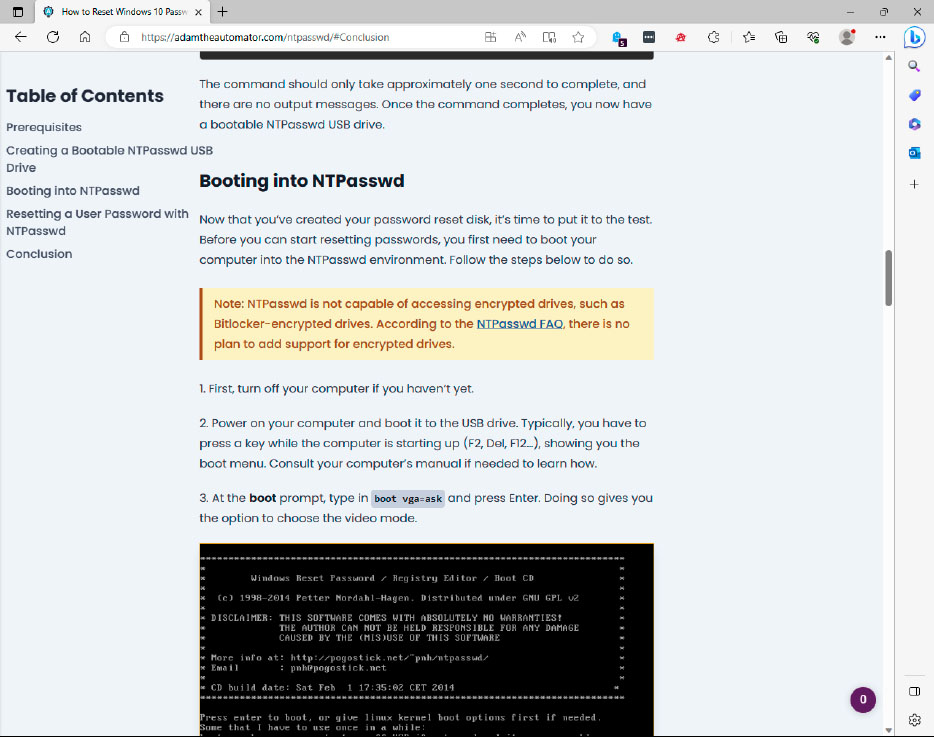7 useful hacker tools for Microsoft Windows professionals
The internet offers a rich selection of tools for criminal purposes: password crackers and vulnerability scanners are just two examples. At the same time, one also finds web applications that are suitable for violating privacy — for example, reverse searches for the owners of telephone numbers or a person in a photo.
However, these tools can not only be used for criminal purposes or to find out the identity of other people, you can also use them for your own protection or for emergencies. Password crackers, for example, are often the last resort if you have forgotten an important password. Vulnerability scanners can also be used on your own network to detect and then block possible entry points for hackers.
Caution: Cracking passwords or even spying on networks is only permitted by law if it involves your own passwords and your own network. If you try to decrypt someone else’s password or spy on another network, you are liable to prosecution.
Replace Windows password

The Offline NT Password & Registry Editor can also overwrite Windows 10 and 11 passwords. A detailed guide on the web explains how to do this.
IDG
The first password you have to enter after turning on your computer is usually the Windows password. If you no longer know this password, your data is not lost — you can boot the computer with a boot stick or a boot CD, for example, and copy important documents to another medium — but you usually have no choice but to reinstall the operating system.
The free tool Offline NT Password & Registry Editor offers a way out. It does not even try to crack the password, but simply overwrites it with a character combination of your choice.
The tool is already quite old, the last version dates from 2014, but it still runs under Windows 10 and 11, albeit with some restrictions. For example, the computer must support legacy mode when booting; the program does not work with a UEFI boot. In addition, the hard disk or SSD must not be encrypted with Bitlocker or any other software.
Also note that Windows’ built-in encryption, the EFS file system, is tied to the password. If you change it with the Offline NT Password & Registry Editor and had…



